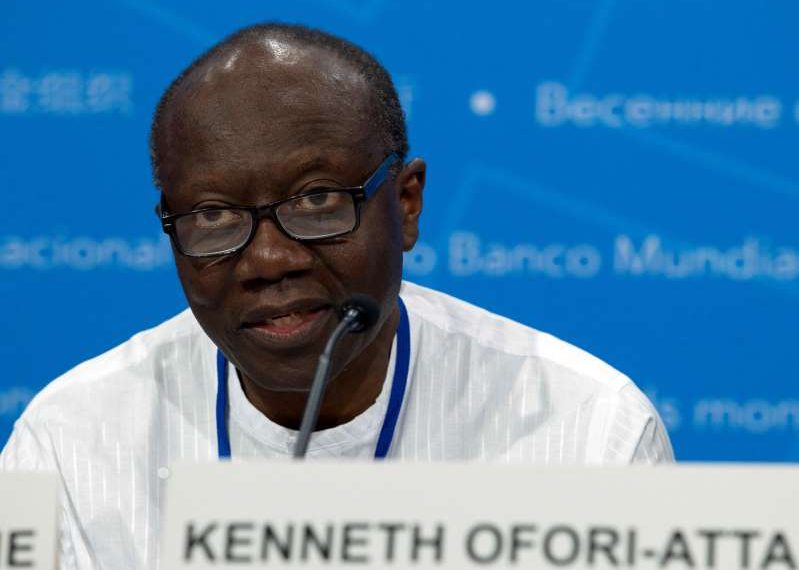Gov’t Outlines Tools To Mitigate Debt Exchange Impact On Participating Financial Institutions

The government has outlined three tools it has in place to cushion the financial institutions who will participate in the government’s planned Domestic Debt Exchange Programme.
The tools were instituted after stress tests were conducted by the relevant financial sector regulators to estimate the potential impact of the Debt Exchange for banks, specialised deposit-taking institutions (SDIs), insurance firms, asset managers, collective investment schemes, pension fund trustees, and regulated pension schemes, that could result from their participation in the debt exchange.
The tools, the government said, will help manage the potential impacts of the Debt Exchange on the financial sector.
The tools include Regulatory Forbearance on Liquidity and Solvency, establishment of the Ghana Financial Stability Fund (GFSF) and Accounting Treatment.
Regulatory Forbearance on Liquidity and Solvency
With this, the financial sector regulators will temporarily reduce regulatory capital and liquidity requirements for regulated firms and schemes that voluntarily participate in the debt operation.
Regulators will also suspend or delay any new rules that will have an adverse impact on liquidity or solvency. Each regulator will communicate more specific reliefs to its regulated firms/schemes in due course.
Ghana Financial Stability Fund (GFSF)
The GFSF is being established with a target size of GHC 15 billion to be provided by the Government of Ghana and its development partners.
The Fund will be managed by the Bank of Ghana under unique operational guidelines being developed by the Financial Stability Council. The Financial Stability Council will provide ongoing advice and oversight for the use of the GFSF.
The Fund will provide liquidity to financial institutions that participate fully in the Debt Exchange.
All financial institutions (banks, SDIs, pension schemes, collective investment schemes, fund managers, broker/dealers, insurance firms) that fully participate in the Debt Exchange can access the GFSF for augmented liquidity support, with effect from the date of completion of the Debt Exchange.
Accounting Treatment
With this, Regulators are already in discussions with external auditors of financial institutions and will provide guidance to ensure a standardised approach to the accounting treatment applied to the Debt Exchange.
The government says regulators will assess impacts on a regular basis, and quickly address evolving risks in order to safeguard financial stability.
Ghana’s debt as of the end of September 2022 stood at GH¢467,371.31 million (US$48,871.34 million) according to provisional results. A debt sustainability analysis by the Finance Ministry showed that Ghana’s debt is unsustainable.
On Sunday, Ofori Atta announced a domestic debt exchange programme that will transition the country to debt sustainable levels.
He noted that 137 billion of the country’s domestic debt needs to be restructured to get the country’s debt at a sustainable level.
He explained that “under the Programme, domestic bondholders will be asked to exchange their instruments for new ones. Existing domestic bonds as of 1st December 2022 will be exchanged for a set of four new bonds maturing in 2027, 2029, 2032 and 2037. The annual coupon on all of these new bonds will be set at 0% in 2023, 5% in 2024 and 10% from 2025 until maturity. Coupon payments will be semi-annual.”
Source: opemsuo.com/Hajara Fuseini








